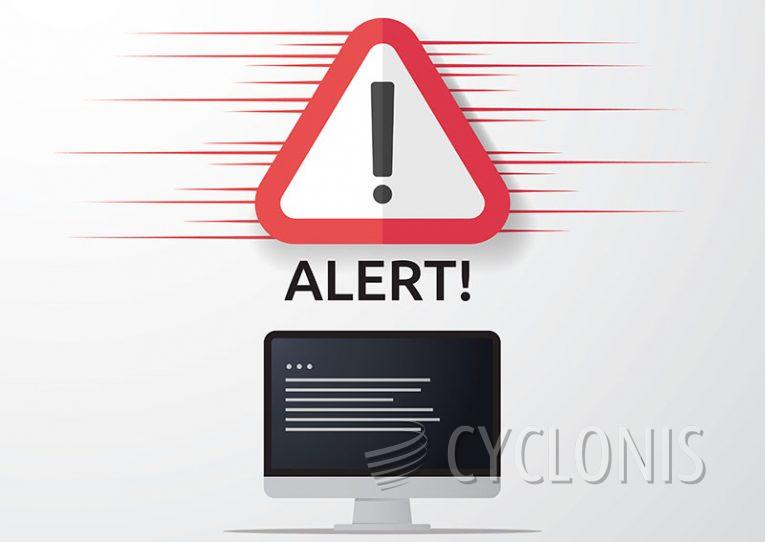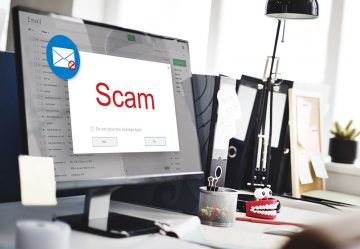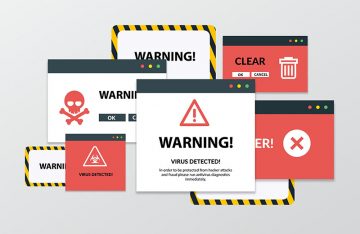"Virus/Malware Infections Have Been Recognized" Pop-Up Scam

The technical support scam named "Virus/Malware Infections Have Been Recognized" was identified by our researchers during an examination of fraudulent websites. This deceptive operation is designed to trick users into contacting a counterfeit Microsoft Support service by falsely asserting that their device is infected.
The "Virus/Malware Infections Have Been Recognized" scam is hosted on web pages that mimic Microsoft's official site. It presents multiple pop-up windows that issue warnings about supposed threats on users' devices and prompt them to dial the provided telephone numbers.
It's essential to stress that all the information propagated by this scam is entirely fabricated and has no affiliation with Microsoft Corporation or any of its products or services.
The scam unfolds when users make contact with the bogus helpline. Throughout this scheme, the fraudsters pose as "expert technicians" offering assistance with tasks like removing malware, installing security measures, and renewing subscriptions, among other services.
While engaged in conversation with these cybercriminals, victims can be coerced into revealing personal information, conducting financial transactions, or downloading and installing malicious software, such as trojans or ransomware.
In many instances, tech support scams involve the scammers requesting remote access to users' devices, often facilitated through legitimate software.
What Are the Tell-Tale Signs of a Tech Support Scam?
Tech support scams are prevalent and typically involve scammers posing as legitimate tech support agents to deceive victims. Recognizing the signs of a tech support scam is crucial to avoid falling for these fraudulent schemes. Here are the tell-tale signs of a tech support scam:
Unsolicited Calls or Pop-Ups:
Tech support scammers often initiate contact through unsolicited phone calls or pop-up messages on your computer, claiming they've detected a problem with your device.
Claiming to Be from a Well-Known Tech Company:
Scammers may impersonate reputable tech companies like Microsoft, Apple, or Google. They often use official-sounding names to gain your trust.
Alarming or Threatening Messages:
Tech support scammers create a sense of urgency or fear. They might claim that your computer is infected with viruses, has been hacked, or is at risk of crashing.
Request for Remote Access:
Scammers often ask for remote access to your computer, claiming it's necessary to diagnose and fix the problem. This gives them control over your system.
Pressure to Make Quick Decisions:
Scammers push for quick action, insisting that you need immediate assistance. They may discourage you from seeking a second opinion.
Payment for Services:
Tech support scammers may request payment for their services, even for non-existent issues. They often ask for payment via credit card or wire transfers.
Requests for Personal Information:
Scammers may ask for personal information, such as your full name, address, email, and credit card details, which they can use for identity theft or fraudulent charges.








